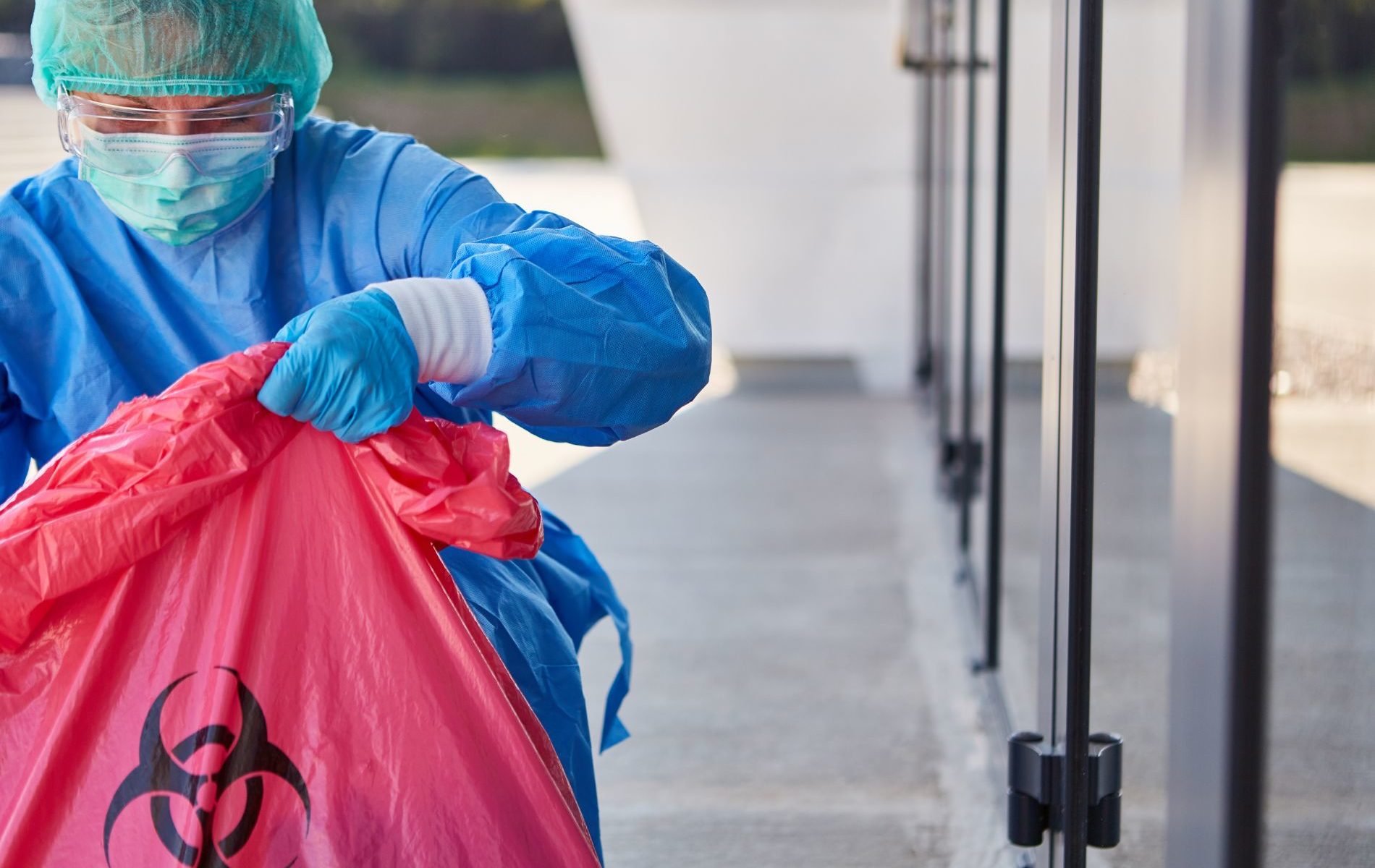Not known Factual Statements About Reclaim Waste
Not known Factual Statements About Reclaim Waste
Blog Article
Not known Factual Statements About Reclaim Waste
Table of ContentsReclaim Waste Fundamentals ExplainedA Biased View of Reclaim WasteReclaim Waste Fundamentals ExplainedWhat Does Reclaim Waste Mean?The Definitive Guide to Reclaim Waste
Discover the kinds, occurrences, and forms of fluid waste. Domestic sewer waste refers to the waste and products from a household sewage-disposal tank. This type of waste is created by human beings in houses, colleges, and various other buildings. This only consists of septic systems that have a drain field. The appropriate management and disposal of residential sewage waste need liquid waste to be transferred to a sewer treatment plant where the correct techniques and tools are applied to detoxify and get rid of waste.
Business waste commonly includes possible dangers, such as flammable materials or a mix of fluid and solid waste items, and requires an extra advanced and thorough disposal process. The disposal of industrial waste typically involves the filtering of waste prior to transport to make certain safe and appropriate disposal. Hazardous waste is created from by-products and overflow of industrial procedures and production.
This type of waste can not make use of the same sewage administration transport or procedures as septic or commercial liquids. The hazardous waste monitoring process requires the assessment and screening of fluid waste prior to it undergoes the disposal process (industrial wastewater treatment). Runoff waste is the liquid waste that comes from runoff and excess stormwater in highly populated areas or cities
Drainage waste can create contamination and flooding otherwise dealt with correctly. Find out more about drain cleaning and waste administration. Ensuring proper waste management can prevent calamities and lower environmental injury. Both people in household setups and specialists in business or production industries can gain from recognizing the procedures and guidelines of liquid waste management.
The Buzz on Reclaim Waste
Contact PROS Solutions today to discover our waste management and disposal solutions and the proper methods to care for the liquid waste you generate.
(https://reclaimwaste1.blog.ss-blog.jp/2024-11-12?1731425991)Do you understand what happens to your water when you pull the plug, purge the commode or drain pipes the washing machine? No? Well, it deserves understanding. This so-called 'wastewater' is not just a crucial resource however, after treatment, will certainly be released to our land, rivers or the ocean. Utilized water from toilets, showers, bathrooms, kitchen area sinks, washings and industrial procedures is recognized as wastewater.

water made use of to cool down equipment or clean plant and devices). Stormwater, a form of wastewater, is overflow that moves from agricultural and city locations such as roofs, parks, yards, roadways, courses and gutters right into stormwater drains, after rain. Stormwater moves without treatment directly to regional creeks or rivers, ultimately getting to the More Bonuses ocean.
The Ultimate Guide To Reclaim Waste
In Queensland, the majority of wastewater is dealt with at sewage therapy plants. Wastewater is moved from residential or industrial sites via a system of sewage systems and pump stations, called sewage reticulation, to a sewer therapy plant. City governments build, maintain and run most sewage therapy plants. Operators are certified under the Environmental Protection Act 1994 to discharge cured wastewater at an acceptable ecological standard right into rivers.
The Department of Natural Resources recommends city governments regarding managing, operating and maintaining sewerage systems and treatment plants. In unsewered locations, local federal governments may need owners to set up individual or house sewage therapy systems to treat domestic wastewater from bathrooms, kitchens, restrooms and laundries. The Division of Natural Resources authorizes making use of household systems when they are shown to be effective.
Most stormwater obtains no therapy. In some brand-new communities, therapy of some stormwater to get rid of clutter, sand and crushed rock has actually begun utilizing gross toxin catches. Wastewater treatment occurs in four stages: Removes strong issue. Bigger solids, such as plastics and various other things incorrectly discharged to sewage systems, are removed when wastewater is passed with screens.
Utilizes tiny living microorganisms recognizes as micro-organisms to break down and get rid of staying dissolved wastes and great fragments. Micro-organisms and wastes are included in the sludge.
The Best Strategy To Use For Reclaim Waste
Nutrient elimination is not readily available at all sewage treatment plants because it requires costly specialized devices. Clear liquid effluent produced after therapy may still consist of disease-causing micro-organisms - liquid waste disposal.

This typically indicates wastewater has to be treated or contaminants gotten rid of prior to it can be discharged to waterways. Many wastewater moves into the sewage system. Under the Act, local federal governments provide approvals and licences for ecologically relevant tasks (Periods) including wastewater releases that could have a regional influence. The division administers approvals and permits to ERAs entailing wastewater launches that might have a local or statewide influence.
The 5-Minute Rule for Reclaim Waste
Tracking gives factual information concerning water top quality and can verify that licence problems are being fulfilled. The information obtained with monitoring gives the basis for making water quality choices.
Report this page